Local public radio station WNYC frequently intones a quote attributed to Mayor Fiorello La Guardia: “This is New York, a city of opportunity where nearly eight million people live in peace and harmony and enjoy the benefits of democracy.” Frederick Wiseman’s 40th feature documentary, In Jackson Heights, visually demonstrates this theme through the microcosm of everyday life in one Queens neighborhood of more than 100,000 people. It’s the next express subway stop from where I live and only a 20 minute ride from Manhattan. More than three-quarters of the population was born outside the United States, from all over the globe, and 167 languages are spoken. The area has been diverse since earlier waves of immigrants filled the planned developments from the 1920s and some of the country’s first garden apartments.
On summer days in 2014, this physical heritage is glimpsed as Wiseman’s camera wanders past quiet residential streets, from narrow houses to leafy courtyards in the historic apartment district. Along commercial blocks, under the elevated train, are sidewalk food vendors, a Halal butcher, a live chicken market, and (very repetitive) produce displays, with, oddly, only a glance at the largest Farmers Market in Queens that boasts a more ethnically diverse cornucopia. Restaurants feature cuisines from Colombia and Mexico, to Tibet and Malaysia. Music from India and South America spills onto the sidewalk from stores.
Entertainment can be a lunch at a senior center for a nonagenarian’s big day out, a Latino couple country-western dancing in a club, or a late night at a gay disco. Wiseman covers the long hours at work for each slice of the community—by ethnicity, religion, language, age, or other sense of identity. Anyone expecting inside views of Jackson Heights’s renowned Indian restaurants, sari stores, 22-karat gold jewelry shops, and purveyors of Hindu statues will be disappointed; Wiseman inexplicably decided those blocks were outside his study area.
Like in Wiseman’s At Berkeley (2013), more screen time is devoted to people statically speechifying than to the more casual cinema vérité observations of smaller gatherings. An impassioned trio of young South Asians warns small businessmen that their bakeries and other stores are facing rent increases and eviction if a landlord-sponsored Business Improvement District is approved. The activists are sure it will favor national chains. (A brief shot of a “sale” sign at The Gap later looks ominous.)
At the busy immigrant rights’ center Make the Road New York, clients from all over Central and South America tearfully testify to the travails of relatives who are trying to get across the restrictive border to join them. Bengali women struggle to repeat English phrases about the Bill of Rights at a citizenship test class, and a taxi driver certification tutor offers amusing New York geography mnemonics to anxious Bengali men. An African-American transgender woman goes from one gay support group to another retelling her discriminatory treatment by a bartender and urges protest action. Old timers are honored at a nostalgic retirement party for the Italian-American volunteer “community mayor,” and a mournful Holocaust Remembrance ceremony is held at a synagogue that keeps its doors open by renting out space to other organizations.
Instead of views of the public schools that daily bring the different strivers together, Councilman Daniel Dromm is instead seen as the bridge across the real and unspoken boundaries. At a planning meeting for the 23rd Queens Pride Parade, he proudly describes how he founded the event after the murder of a gay Latino man in the neighborhood, and the annual memorial event now also has the active support of the police. His electoral reward is dealing with such mundane demands as minor school redistricting and complaints about the mayor’s emergency imposition of a homeless shelter that Dromm can do very little to solve. However, a lot sure do come out for the parade and festival, including Mayor Bill de Blasio, the first city mayor to attend.

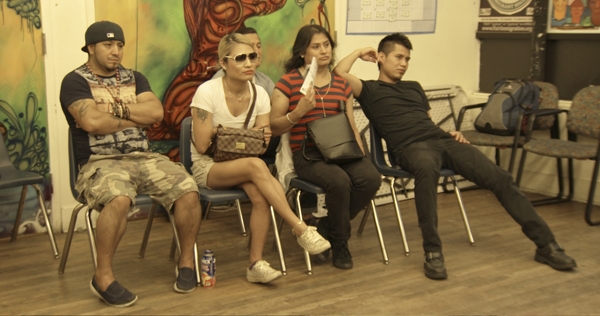
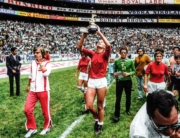
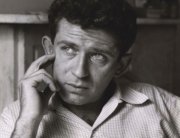
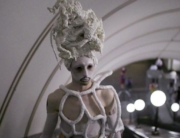
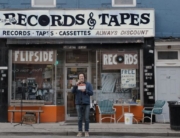
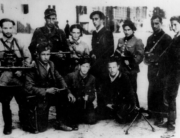
Leave A Comment